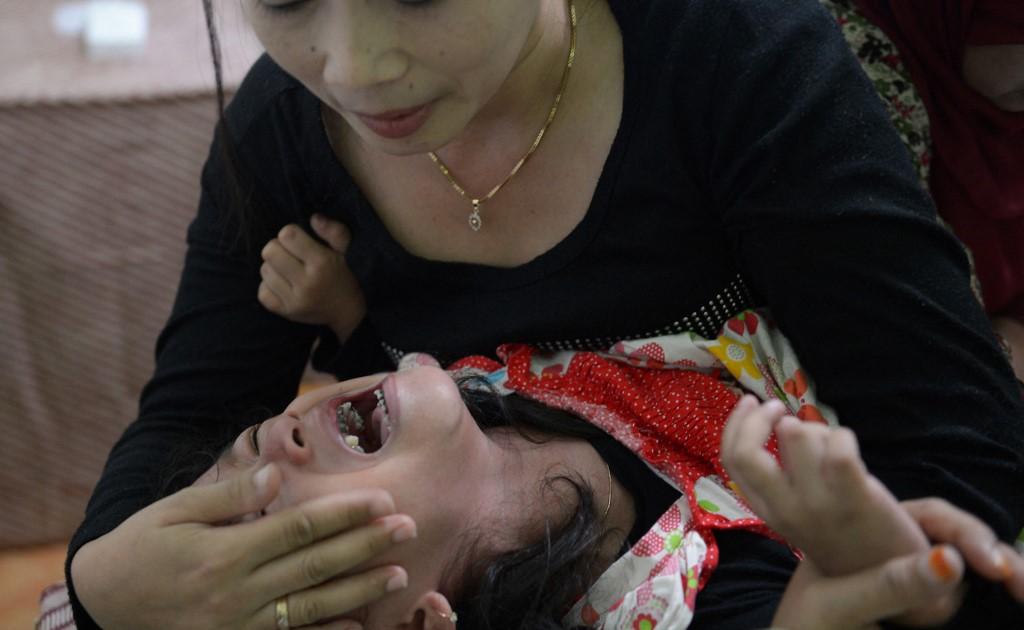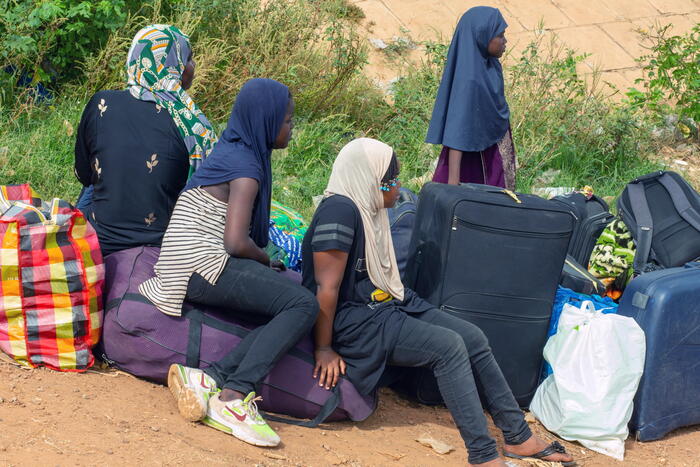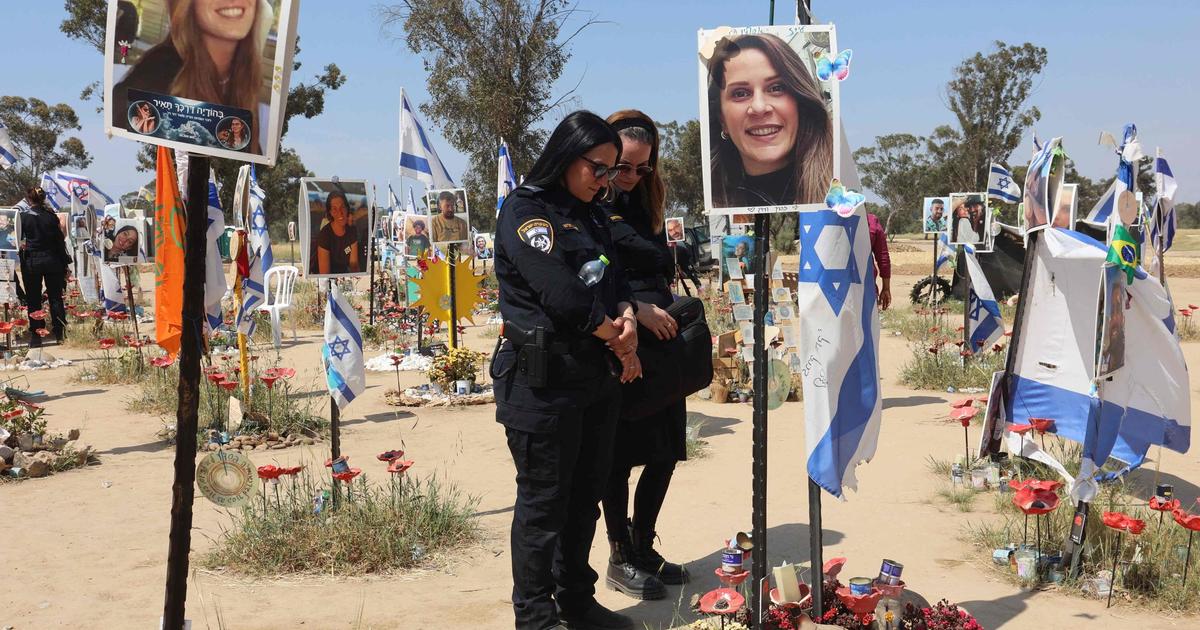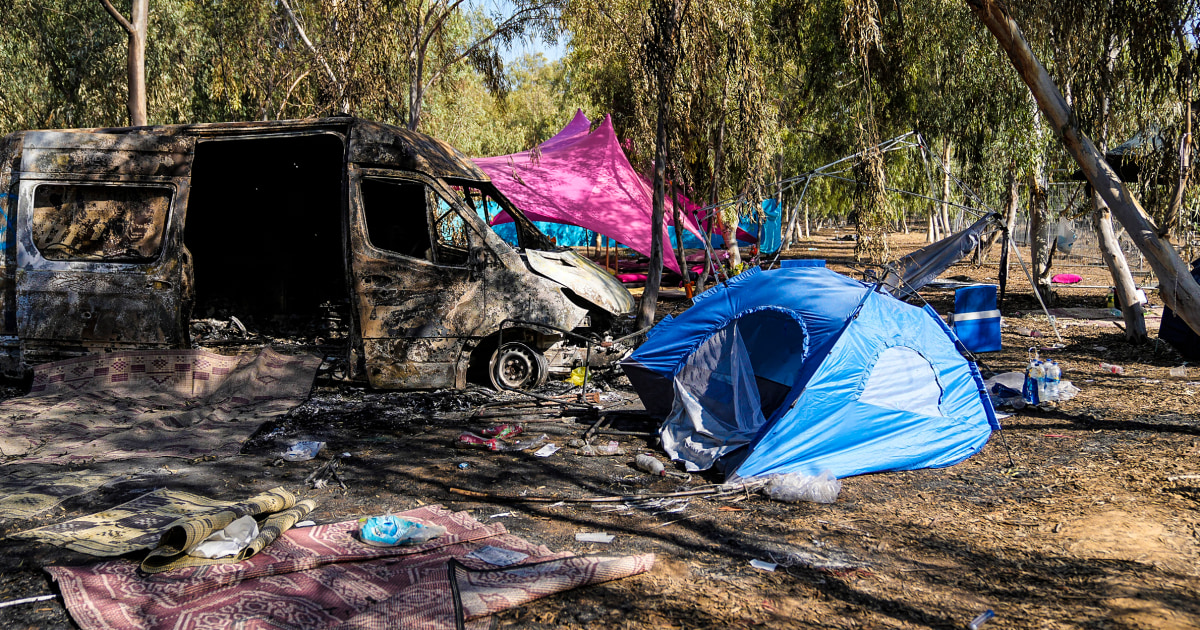About 70,000 women from countries where female genital mutilation (FGM) is practiced live in Spain, of which more than 18,000 are under 14 years of age, according to the FGM-Free State Network.
My name is Aminata Soucko, I am from Mali and today, September 28, International Day for Sexual and Reproductive Rights, I am here to tell a different perspective of what female genital mutilation entails, from the point of view of a woman who has survived to her, from a mother who wants to prevent her daughter from suffering and that thousands of people continue to maintain this inhuman custom (if that word still has any meaning in this world so beautiful and so heartless at the same time).
200 million women have undergone female genital mutilation worldwide and if nothing changes, by 2030 there will be 68 million more.
This practice is internationally recognized as a violation of the human rights of women and girls, and has no health benefits.
In my case, luckily, I don't remember it as much as the girls who suffer from it at the age of 14, but I have suffered the same physical and psychological consequences.
For all this, for all the conditions in which it is carried out, there are many risk factors both physically and psychologically.
When I was only a week old, I suffered from type III FGM, in which my clitoris and labia majora and minora were cut, leaving only a small hole for urination and the dripping of menstruation.
At 17 they forced me to get married, I had to leave my studies and come to Spain where my ex-husband had lived for years.
My dream of studying and being a doctor was broken.
My sexuality, due to the mutilation I suffered and my forced marriage, I have always experienced it in a traumatic way, but I did not know where to start to solve it
For many years I was mistreated, until one day he started hitting me and my daughter, whom he was holding in his arms, almost fell to the ground.
At that moment I decided to leave the house and separate from him.
I was the first woman in my community to file a complaint for gender-based violence and, for that reason, I was rejected;
because it is not well seen that a woman gets divorced.
But I was very clear about it and when I made the decision I never backed down.
After years of suffering, I managed to find the courage to rebel against all these injustices.
I left behind a forced marriage and a long history of gender violence.
I wanted to study so much that I approved my previous studies and, with a lot of effort, I studied until I obtained two titles of Higher Vocational Training Technician, one of them in the health branch.
I have also completed the training in Community Based Health Agent, given by the Department of Public Health of the Generalitat Valenciana, and later I have specialized in the socio-sanitary approach to FGM.
From the gratitude I feel, the vocation to help other people with the intention of promoting health is born in me, especially if they find themselves in a situation similar to the one I suffered.
My sexuality, due to the mutilation I suffered and my forced marriage, I have always experienced in a traumatic way, but I didn't know where to start to solve it.
One day I found out that there was an operation so that women who had been mutilated could have their clitoris reconstructed and that this would be the beginning of our physical and psychological healing.
With many difficulties, since my family doctor at the time had no idea what mutilation was and the possibilities of treatment, in 2013 I arrived at the Doctor Peset University Hospital in Valencia, where they helped me.
When I had surgery nine years ago, there was no Health Action Protocol for female genital mutilation in the Valencian Community, nor was there a Reference Unit for Reconstructive Surgery;
then I didn't know
for example, what care had to be taken in the postoperative period.
It took me a long time to recover, but I did it.
It is very important to heal psychological wounds and traumas.
Survivors are empowered and help many others to feel like whole women too
In 2016, the health action protocol was created in the Valencian Community and that was when I volunteered to accompany the women, telling them about my experience and helping them with the cures and with everything they needed.
I accompany the survivors in a multidisciplinary way, whether or not they require clitoral reconstruction.
The purpose is not only to recover the sexual function, denied by the fact of being born a woman, but to reconstitute through it and education for gender equity the self-identity of these women, as well as their power of decision and choice in all other areas of your life.
It is a call to freedom that aims to generate a state of self-sufficiency, well-being and happiness.
Every time they have to go to a consultation, I accompany them and explain my experiences in the process, I translate the information, I tell them how the operation will be, compliance with the health treatments and the nursing care they need.
I consider that my role is to be a bridge between the medical staff and the patients, so that they feel understood and accompanied in a process that is not easy.
There is still a lot of ignorance and taboos around female sexuality, for example, many of the women we serve do not understand how if something is cut, it can be recovered again.
I explain to them that the clitoris is not only the outer area, but also exists inside, which measures between 12 to 14 cm.
The women I accompany are from different African countries such as Mali, Ivory Coast, Nigeria, Guinea Conakry, Gambia, Senegal and Togo.
More and more women are encouraged to undergo reconstruction.
In 2020, together with health professionals from the branches of gynecology, psychology and social work, we created the Aminata Network.
From the association, we are working to recognize the need to provide information and support for the psychological and physical health of those who suffer mutilation in some way.
First of all, make visible and raise awareness, because it is a practice that violates human rights, causes too much damage and the best action is to prevent it from happening.
I have always thought that to change the world you have to start with yourself.
Thanks to the struggle and raising awareness I have been able to change the mentality of my family and my environment
We work to promote that all people have their right to health guaranteed, which is why we have created an alliance between Red Aminata, the Reference Unit for Reconstructive Surgery and Farmamundi, where I now work as a Social Action Technician.
Thanks to your support I can continue with this accompaniment and follow-up that is essential for the good medical and psychological recovery of these women.
I am very happy because more and more women whom I have accompanied have joined this path and they also volunteer to help other women.
The cultural codes are different according to the countries.
Intercultural mediation with the medical team and with the patients is important to make them aware of the different social customs.
To give just a few examples, in African countries it is a sign of disrespect to stare at a person, which is the opposite in Europe, which is why the patient can sometimes find herself in an uncomfortable situation;
To avoid it, then, mediation is essential to explain this by informing the health personnel.
Likewise, these patients, due to their customs, religious beliefs and experiences of origin, may feel modesty and shame when showing their body, so that this does not happen and there is a total understanding, mediation between both interlocutors would intervene.
Female genital mutilation affects women both physically and psychologically.
The mutilated girls and women not only suffer an injury to their body and their psyche, by disabling their sexual function and generating post-traumatic stress, but they are also denied their rights by being subjected to torture, cruel, inhuman or degrading treatment (rights of health, life, security and physical integrity), and their basic needs (for survival, well-being, freedom and equality).
This work is very important to heal psychological wounds and traumas.
Survivors are empowered and help many others to feel like whole women too.
The mutilated girls and women not only suffer an injury to their body and their psyche, by disabling their sexual function, but are also denied their rights by being subjected to torture, cruel, inhuman or degrading treatment.
I can proudly say that things have been changing a lot thanks to all the effort we are putting in, but there is still a long way to go.
When I arrived here I decided not to mutilate my daughter and although it was difficult, I have managed to ensure that in my family in Mali they do not mutilate the girls who are born in the surroundings of my town.
I have done this by raising awareness and explaining to them all the damage caused by mutilation and little by little they have understood it.
I have always thought that to change the world you have to start with yourself.
Thanks to the struggle and raising awareness I have been able to change the mentality of my family and my environment.
In the future, I believe that if all of us united and fought together, little by little this would cease to exist.
Let all women get into their heads that what happens to one woman happens to all of us.
We need more voices to join us to change this.
Aminata Soucko
is a Social Action Technician at Farmamundi and President of the Red Aminata Association.
You can follow PLANETA FUTURO on
,
and
, and subscribe
to our 'newsletter'
here
.







/cloudfront-eu-central-1.images.arcpublishing.com/prisa/OJSQ7GWB5BC4XBQDMMJFYJF5BU.jpg)

